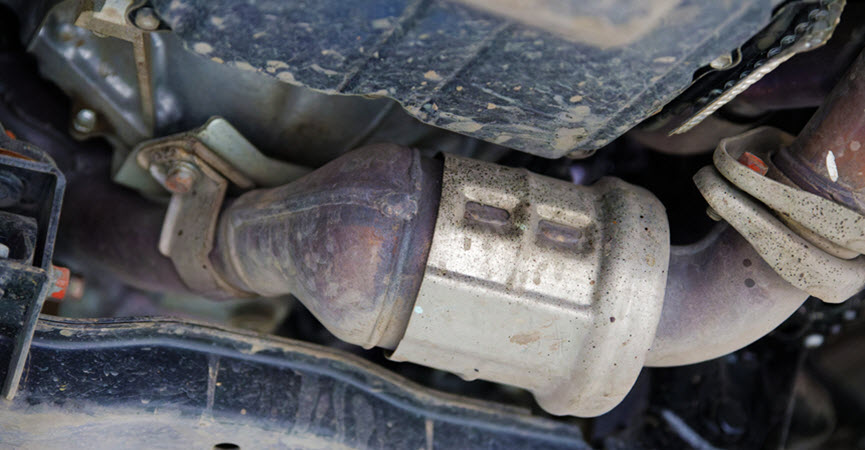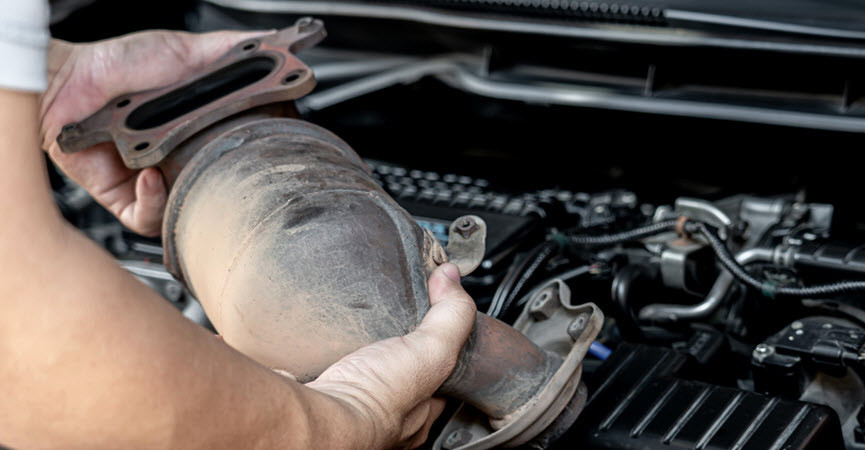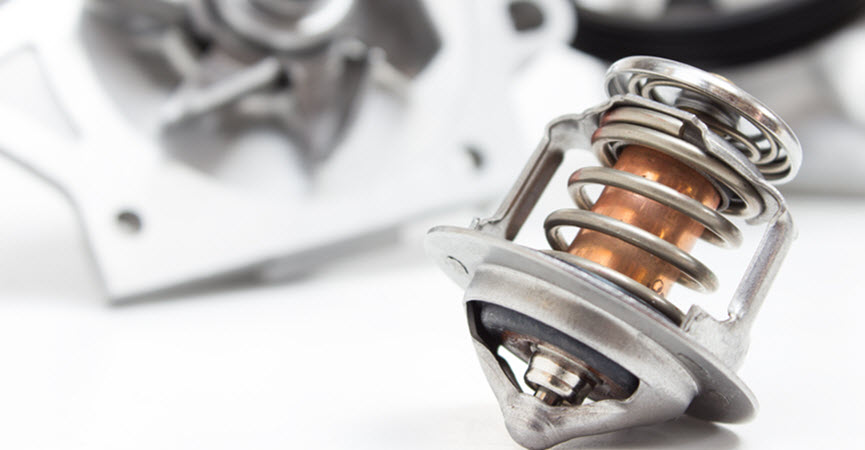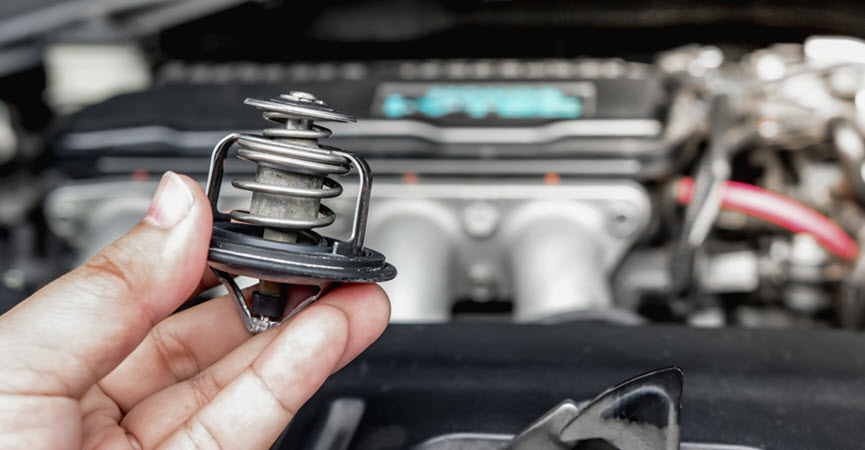
Visit Our Experts in Hellertown to Replace Your Audi’s Catalytic Converter
At the heart of your Audi’s engine is a vital component known as the catalytic converter. The catalytic converter is an emissions control device, and it is located in your Audi’s exhaust system. It is primarily responsible for reducing harmful pollutants in the exhaust gases produced during the combustion process. Here’s how it works:
Conversion of Harmful Gases
As your Audi’s engine burns fuel, it generates exhaust gases that contain harmful pollutants, such as carbon monoxide (CO), nitrogen oxides (NOx), and unburned hydrocarbons (HC). The catalytic converter contains a honeycomb-like structure coated with precious metals, such as platinum, palladium, and rhodium. These metals act as catalysts to facilitate chemical reactions.
Oxidation and Reduction Reactions
In a typical three-way catalytic converter, there are two main reactions: oxidation and reduction. In the oxidation reaction, carbon monoxide and unburned hydrocarbons are oxidized into carbon dioxide (CO2) and water (H2O). In the reduction reaction, nitrogen oxides are reduced to nitrogen and oxygen gases.
Monitoring Sensors
Your Audi’s engine control unit (ECU) constantly monitors the performance of the catalytic converter using oxygen sensors. If the catalytic converter is not effectively reducing emissions, the ECU may trigger a warning light on your dashboard.
Emission Control
The catalytic converter ensures that the exhaust gases leaving your Audi are much cleaner and less harmful to the environment. It plays a critical role in helping your vehicle meet emission standards and regulations.
Signs of Catalytic Converter Failure
Catalytic converters are designed to be durable, but they can fail over time due to various factors. Here are some common signs of catalytic converter failure in your Audi:
- Illuminated Check Engine Light: A malfunctioning catalytic converter can trigger your Audi’s check engine light. The ECU may detect abnormal readings from the oxygen sensors, indicating that the catalytic converter is not working as intended.
- Reduced Performance: A clogged or failing catalytic converter can restrict exhaust flow, leading to a noticeable decrease in engine performance. Your Audi may feel sluggish and have reduced power.
- Unusual Odors: If the catalytic converter is overheating or failing, it can produce a distinctive sulfur-like odor. This smell can be quite unpleasant and is a clear indicator of a problem.
- Increased Fuel Consumption: A malfunctioning catalytic converter can also affect your Audi’s fuel efficiency. You may notice a significant drop in miles per gallon (MPG).
- Rattling Noise: Inside the catalytic converter’s honeycomb structure, the ceramic substrate can become damaged or break down. This can lead to a rattling noise when you tap the converter, which is a clear sign of internal damage.
Reasons for Catalytic Converter Failure
Understanding why catalytic converters fail is essential for preventing issues and addressing them promptly. Common reasons for catalytic converter failure include:
- Clogging: Over time, the catalytic converter can become clogged with carbon deposits and contaminants, reducing its efficiency. Clogging can result from engine misfires, excessive oil consumption, or using the wrong type of fuel.
- Physical Damage: The ceramic substrate inside the catalytic converter can be physically damaged by impacts, potholes, or other road hazards. This can lead to internal damage and poor performance.
- Excessive Heat: Running your Audi’s engine too hot, such as due to cooling system issues, can overheat the catalytic converter and cause it to break down.
- Oil or Coolant Contamination: If your Audi has a malfunctioning internal component, like a faulty valve stem seal or head gasket, it can allow oil or coolant to enter the exhaust system and contaminate the catalytic converter.
- Age along with Wear and Tear: Like any component, catalytic converters have a finite lifespan. Over time, the precious metal coatings may degrade, reducing the converter’s efficiency.
How Our Mechanic Will Fix It
We will start by performing diagnostic tests to determine if the catalytic converter is indeed the source of the problem. This may involve scanning the vehicle’s computer for error codes and using specialized equipment to monitor the converter’s performance. Our trained mechanic may inspect the catalytic converter and the surrounding exhaust components for physical damage, such as dents or leaks.
- Exhaust System Repairs: If the issue is related to exhaust system components like oxygen sensors or exhaust leaks, the mechanic will repair or replace these parts first, as these issues can often mimic catalytic converter problems.
- Catalytic Converter Replacement: If the catalytic converter is confirmed to be faulty, it will need to be replaced. Your mechanic will choose a compatible and quality replacement converter. Audi owners may opt for an OEM (Original Equipment Manufacturer) or aftermarket converter, depending on their preferences and budget.

JCL Automotive: The Only Mechanic Your Audi Needs
Your Audi’s catalytic converter is an essential component that plays a pivotal role in reducing harmful emissions and ensuring your vehicle runs efficiently. When signs of catalytic converter failure appear, prompt action is essential to maintain the performance and compliance of your Audi. Visit us in Hellertown, PA, as we are conveniently located for our surrounding neighbors.


